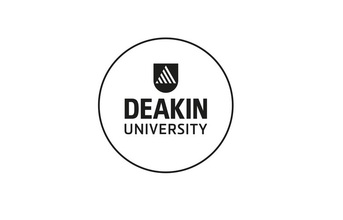
Top researchers from Deakin University, Australia, will contribute their expertise to research in India in five important areas: agriculture and food sustainability; AI and cognitive science; green and renewable energies; humanities and social sciences; and law and society.
The Deakin projects are being funded through the Scheme for the Promotion of Academic and Research Collaboration (SPARC), an initiative of Ministry of Human Resource Development, Government of India. SPARC aims to improve the research ecosystem of India's Higher Education institutions by 'facilitating academic and research collaborations between Indian Institutions and the best institutions in the world'.
Deakin's Deputy Vice-Chancellor Research Professor Julie Owens congratulated the project recipients and noted that Deakin's strong outcome reflects the University's long history in India, as well as the quality of the successful researchers. "Deakin was in the top five institutions globally to be funded through SPARC," she said. "This is a fantastic acknowledgement for Deakin. We recently celebrated 25 years in India and we were the first international university to open an office in India in 1994."
The scheme funds international primary investigators and PhD students/postdocs to travel to India and organise workshops and research in India, as well as funding Indian scholars to visit partner institutions overseas.
A total of 363 proposals are being funded through SPARC, with Deakin being one of the two Australian university to be awarded six projects, more than any other Australian university. One of the Deakin project leaders, Professor of Management, Alexander Newman, added that the projects will not only benefit India, but the knowledge gained will be translatable to many other countries, which face similar challenges.
END


























